Daniel Hannan On Our Money-Printing Masters
As we feared, the wise men at the Bank of England have decided that what our ailing economy needs is another dose of QE. I was about to blog the event, but it’s hard to match the eloquence of Daniel Hannan’s latest post:
According to the BBC, the Bank of England has decided to ‘inject a further £75 billion into the economy’. Who knew it was that easy? I mean, why not inject £500 billion? Or a trillion? According to the BBC’s logic, it would surely make us the wealthiest nation on Earth. I can’t believe I’m having to write this, but nothing new will be manufactured, invented or developed as the result of this monetary splurge, no services offered, no businesses founded. Rather, the money already in circulation – the money in your bank account, in your purse, under your mattress – will be worth less. The government, in other words, is helping itself to your savings – and, in doing so, is damaging productivity, disincentivising work and weakening the competitiveness of the British economy.
These themes will be familiar to regular Cobden Centre readers, as will his conclusion:
It’s a paradox. If I were to print counterfeit £20 notes and buy goods with them, I’d be perpetrating a fraud: I’d be buying something of real value with something I had magicked out of thin air. Yet when a central bank does the same thing, the half-educated economists who dominate our universities and television stations nod approvingly and mumble cliches about ‘boosting demand’. You can’t keep boosting demand without producing anything, for Heaven’s sake. That’s what got us into this mess.
We’ll post more on this latest act of folly in due course, but in the meantime Steve Baker has posted a warning straight from Human Action:




